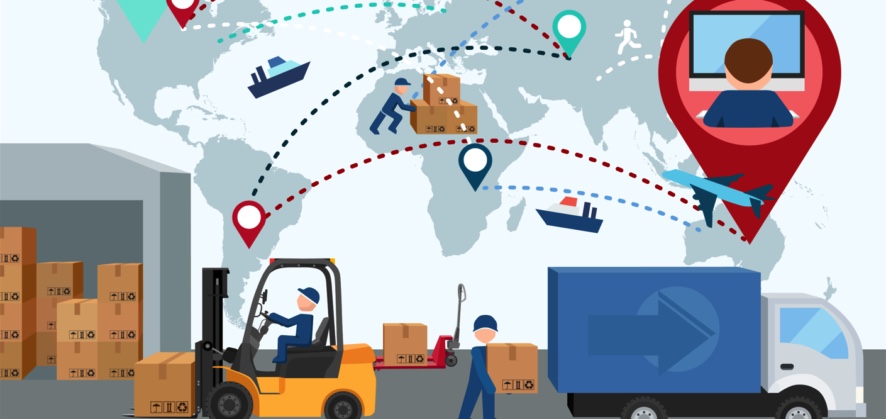Transport management systems are a new way of running freight and regular transport businesses to optimize cost while improving output. Choosing the best TMS for your business is a top priority, but how do you discern the right one? The market has many options to offer ideal transporting solutions to manufacturing, distribution, procurement, freight, sales, and even customer services. By purchasing route management software, these are the advantages and functions in line with your business.
Load Management
Harmonizing the customer data to fit the company scheduling and delivery can be challenging for your staff if there are too many orders to fulfill. A TMS investment will help highlight customer data based on the loads available, the drop dates for them, materials in transit, drivers responsible, and many other valuable details that will improve how loads are managed in your business. It mitigates confusion and load loss, which has been a major bother for freight companies worldwide. With an efficient load cycle for a transport company comes improved customer satisfaction for the clients that choose your business.
Driver Dispatch
Communication is an essential factor in the smooth running of any organization, most especially transport-based ones. TMS will not only allow you to track your drivers while on the road but also develop a real-time wireless means of communication that link you directly to the driver. Such refined communication channels improve how driver dispatch happens to ensure that schedules are adhered to when it comes to loading pick up and their delivery or progress on transit.

Cargo Tracking
All products on transit will have SKU identification that allows the business to locate their exact location en route. For customer satisfaction purposes, your clients will need assurances on the precise location of their package as they wait at the pickup location. Initially, this would have been hard; however, the same is not the case for businesses that have adopted TMS. Any weaknesses in your businesses’ supply chain can also be identified, making it easy to give an effective solution if you are to boost output. The data stored online also makes it easy to track down any details you want from past transactions without dealing with a lot of paperwork and storage concerns.
Routing and Dispatching
The business routing model needs to compliment the resources or capital it has. Leave it for TMS to help you analyze maps, traffic data, fuel expenses, and even speed limits to govern your business’s routing and dispatching procedure. Understanding such data is essential to determining the best routes to be used based on the nature of goods you will be transporting and the customer urgency involved. It besides helps you cut down on expenses by optimizing the best routes for fuel and improving customer satisfaction by meeting their time demands.
